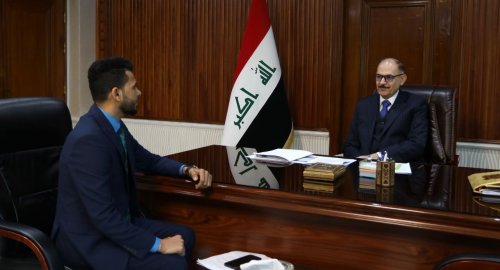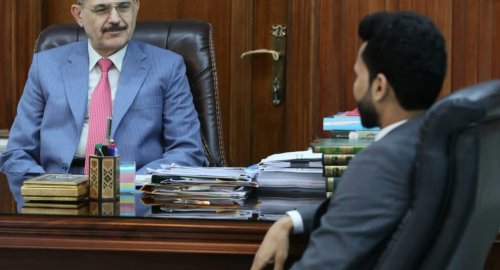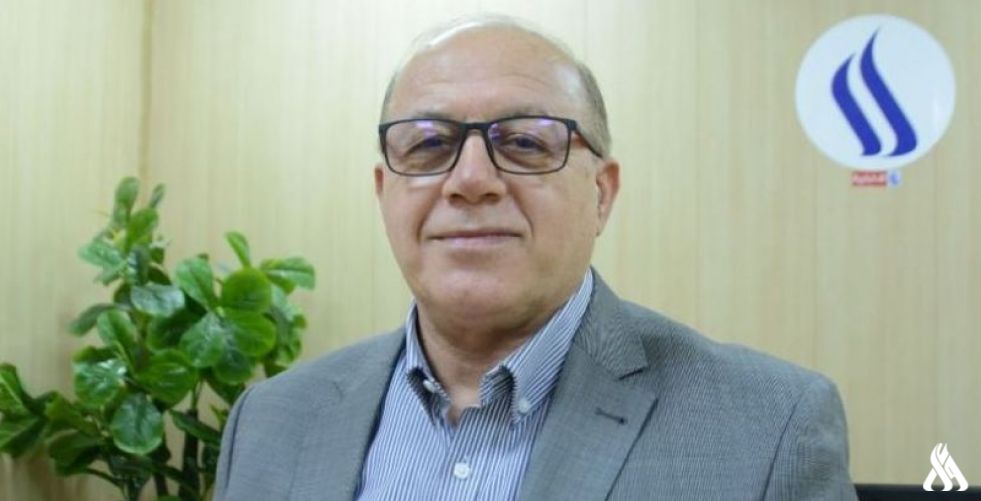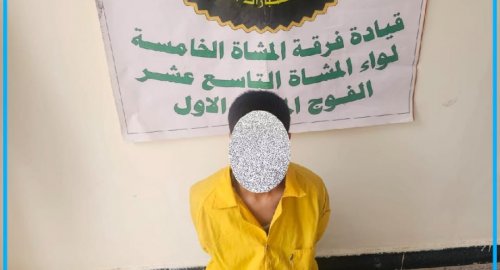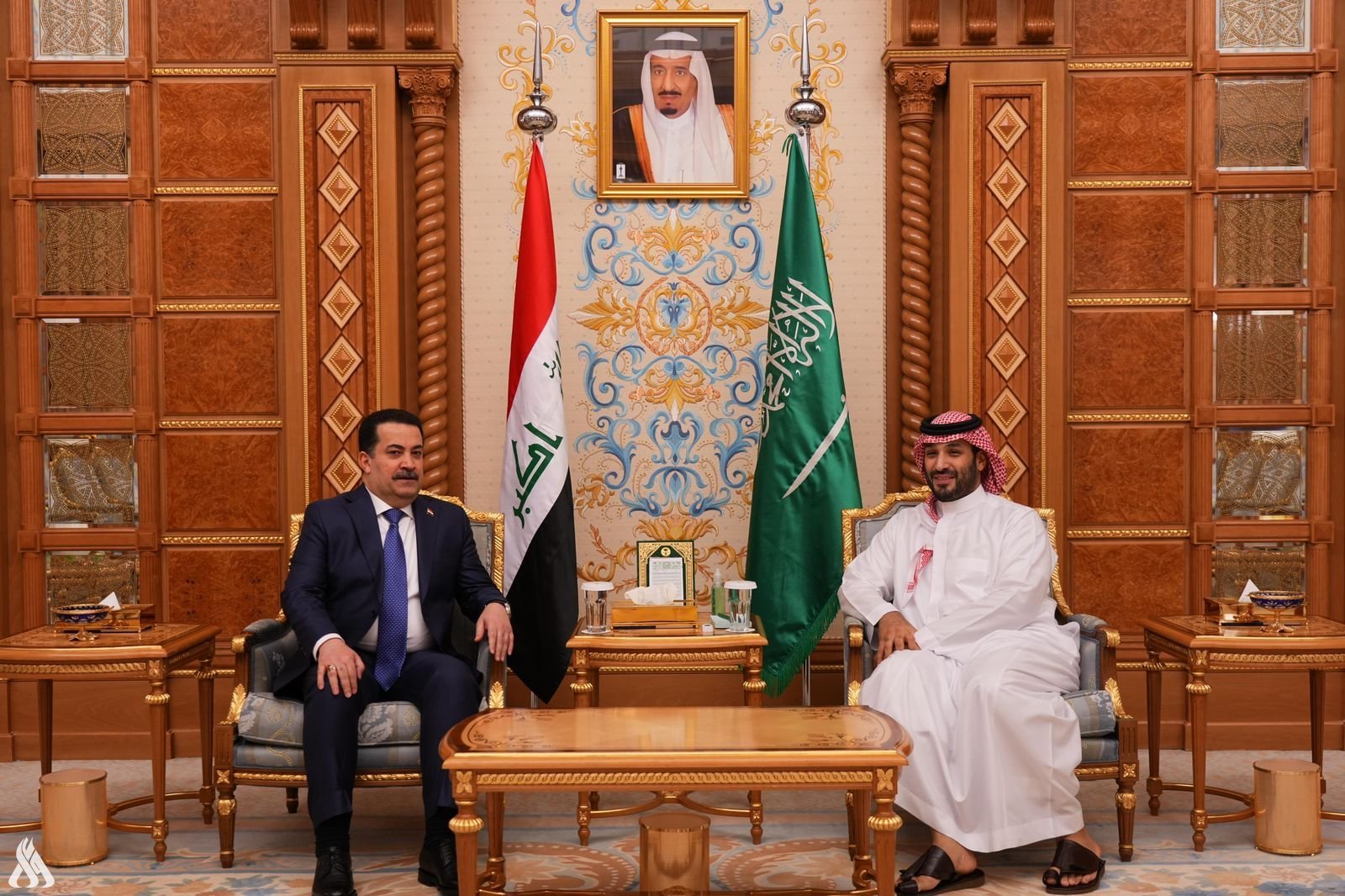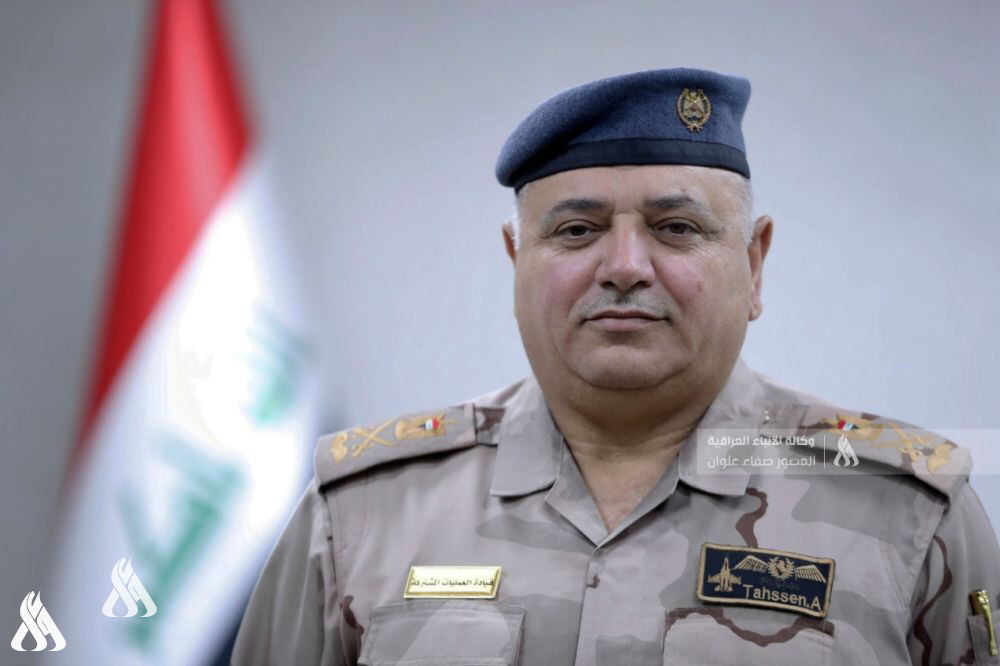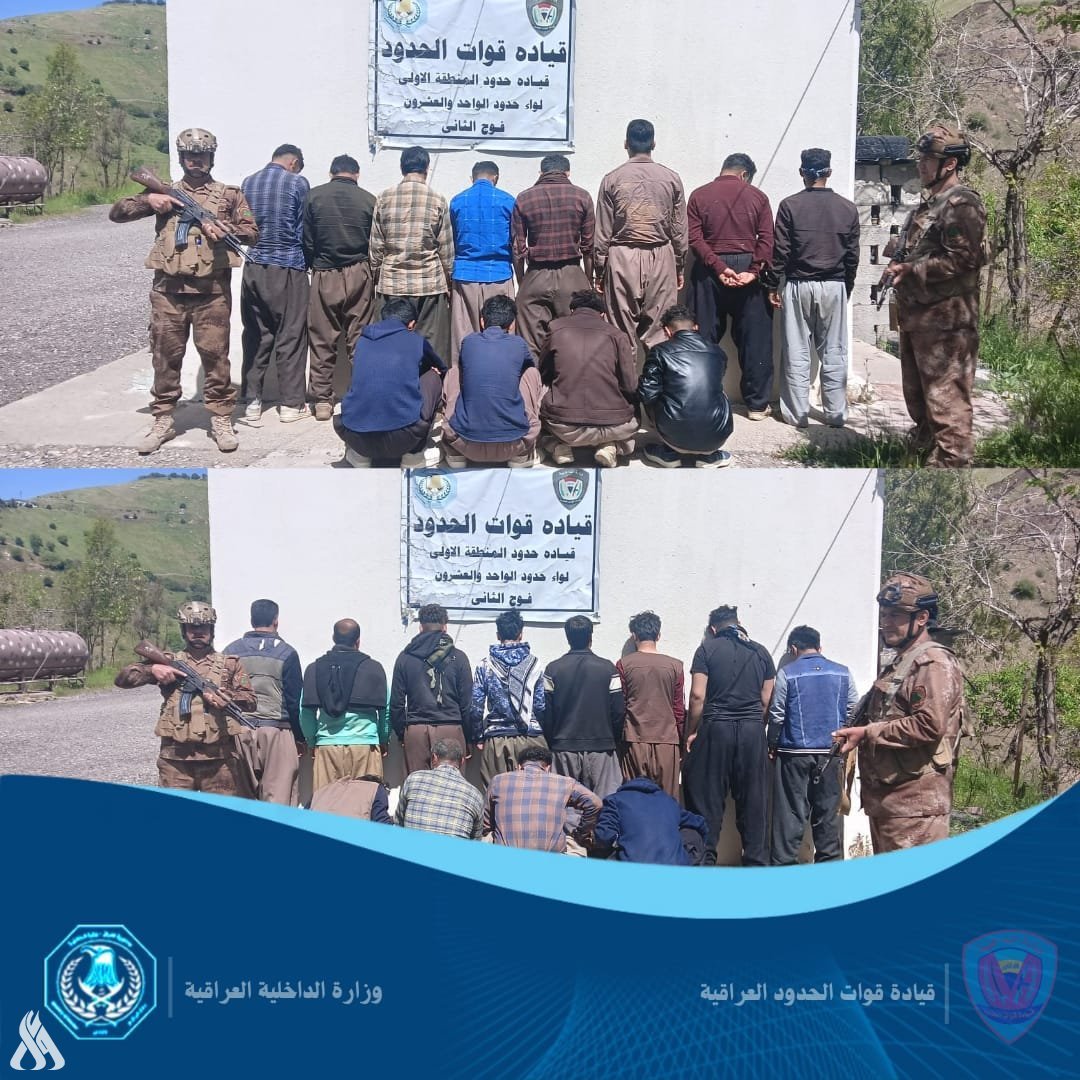
Al-Mandalawi: the supreme authority rejected the administration of the country with a temporary law

- 10-03-2024, 11:39
INA- Baghdad
The Acting Speaker of the Parliament , Mohsen Al-Mandalawi confirmed ,on Sunday ,that the supreme religious authority refused to administer the country by a temporary law supervised by the occupier, while pointing out that the fatwa of Constitution drew the map of a democratic federal Iraq and the parliamentary experience after 2003 proved the centrality of legislative power.
Al-Mandalawi said in his speech during the official celebration on the occasion of the centenary of the first parliament establishment, followed by the Iraqi News Agency (INA ): "it is pleasure to welcome you today to the Parliament on the occasion of the centenary of the beginning of Iraqi parliamentary life, thanking everyone for coming and participating in the celebration of this important anniversary " ,indicating that "this occasion, expresses the people's adherence to the principles of democracy and its role in political life, and embodies the parliamentary life in the country”.
He explained that "the parliamentary work in Iraq over the past hundred years has been a reflection of the political and social situation, during which Iraq and the Parliament went through major transformations, with which the effectiveness and impact of parliamentary life varied under the nature of the ruling political systems of Iraq, from a Parliamentary monarchy, through the Republican system, to the current parliamentary system".
He added that " the legislative authority represented by the Iraqi Council of Representatives with its constitutional, legislative, supervisory and representative powers and tasks makes us a permanent commitment to the duality of responsibility and pride", noting that "the responsibility is great towards the people and their sacrifices in the face of dictatorship and waves of terrorism, and this necessitates the legislative authority to cooperate and integrate with the executive and judicial authorities to achieve security, stability, building the country and his People’s welfare ".
He added that " celebrating this occasion consolidates the pivotal role of the legislative authority among other authorities, and its responsibility in consolidating the foundations of the state, the rule of law, institutions and the democratic system, in line with the specificity of the distinguished Iraqi experience and its connection with the Customs and traditions of our people and its heritage and securing a decent life, through the development of the legislative system of the state, fortification and strengthening as an optimal guarantee for the future of our country and our people, and this requires adherence to democratic principles and the proper application of the competencies of the constitutional legislative authority".
He stressed that " the parliamentary experience after 2003 proved the centrality of legislative authority among the authorities in our political system", hoping that "the Parliament will complete that March and translate the aspirations of the people legislation and representation to achieve economic and social development, with a supervisory exercise that meets the challenges in protecting the country's capabilities”.
He pointed out that" the supreme authority refused to administer the country by a temporary law supervised by the occupier "noting that"the fatwa of the Constitution drew the map of a democratic federal Iraq”.
Al-Sudani Meets Saudi Crown Prince in Riyadh
- politics
- 24/04/28
SMC: Agreement for 21 multi-purpose aircraft from the US
- Security
- 24/04/29
45 foreign infiltrators tried to cross the border in Sulaymaniyah
- Security
- 24/04/26
